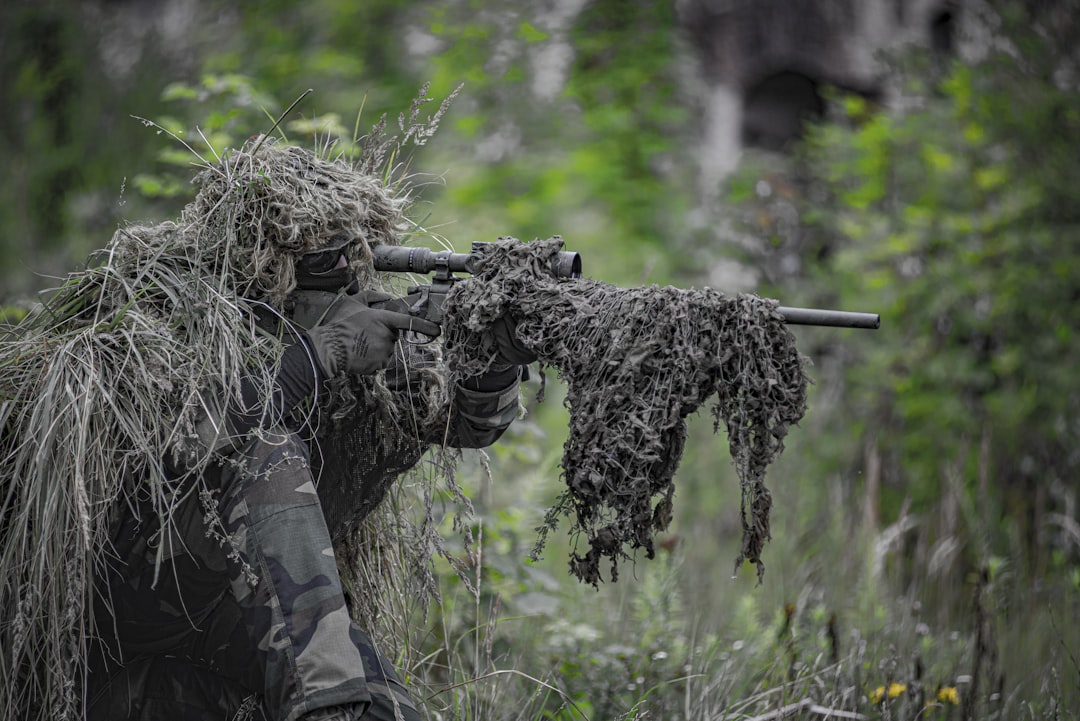What is it about?
This study focuses on Vladimir Putin’s so-called declaration of war on the eve of Russian escalation of the Russo-Ukrainian war (24/02/22), and NATO’s response the following day. The analysis looks at various argumentative strategies used by Putin and NATO to put the moral fault of the war on each other. Putin’s strategies reflect those used by the far-right in justifying untenable positions, and here too they thinly mask the use of military force and violence.
Featured Image

Photo by Yohan Marion on Unsplash
Why is it important?
This widens the scope of research on how people justify controversial / bigoted views. We can observe how people may use liberal and reasonable language to justify extreme behaviours. Just as the bigots hide their bigotry behind a language of reasonableness, we can see how language of war and military mobilisation, in the face of an unjust war, relies on similar tropes.
Perspectives
I wrote this article in response to the escalation of the Russo-Ukrainian war, and the global impact it's having. Coming from a country that borders Russia, the escalation was something of great personal concern as well as professional. Thus, I wrote this as a desire to do something about the conflict as well as to understand how exactly global political leaders justify war and military mobilisation. I hope to expand on this research to produce a more systematic understanding of war (and peace) discourse, and how they feature as political justification.
Mirko Demasi
Leeds Beckett University
Read the Original
This page is a summary of: Accountability in the Russo-Ukrainian war: Vladimir Putin versus NATO., Peace and Conflict Journal of Peace Psychology, December 2022, American Psychological Association (APA),
DOI: 10.1037/pac0000653.
You can read the full text:
Contributors
The following have contributed to this page










